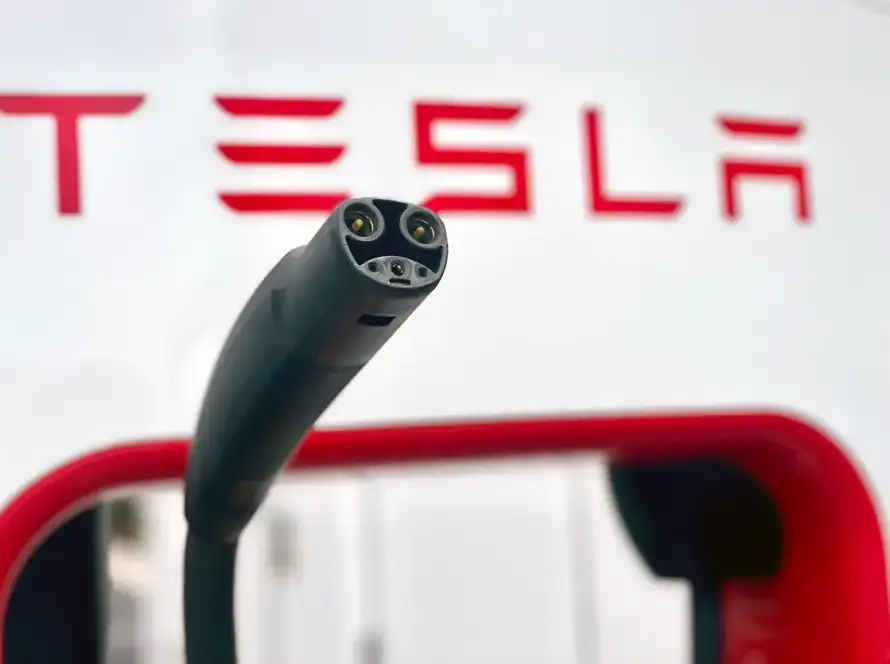The fate of Elon Musk’s controversial $56 billion Tesla pay package hangs in the balance as a legal battle unfolds in Delaware. Shareholders and a judge are locked in a high-stakes showdown over the massive award. They raise questions about the power of shareholder votes and the boundaries of legal precedent in corporate governance. This dispute has far-reaching implications, not just for Tesla and its CEO, but potentially for the entire corporate landscape.
Shareholder Approval vs. Legal Concerns
In June, Tesla shareholders overwhelmingly approved the pay package for the second time. By this, they signaled their strong support for Musk’s leadership and vision. This vote followed her initial ruling. Now, using this renewed shareholder mandate, Musk’s legal team is attempting to overturn the previous decision made by the judge and obtain the CEO’s large salary. At the center of this protracted legal struggle is the conflict between shareholder opinion and legal scrutiny.
Clash of Legal Interpretations
The central issue in this case revolves around the interpretation of Delaware law and the extent to which shareholder votes can influence legal decisions. Musk’s attorneys argue that the will of the majority of shareholders should be respected and upheld. They contend that the lawsuit challenging the package does not represent the true interests of Tesla’s investors. Meanwhile, the court should defer to the shareholders’ judgment.
Now, attorneys are in Delaware attempting to get Musk pay by bringing up the second ratification to Judge McCormick. Judge David Ross said to McCormick today at a hearing that the vote by shareholders in June should be honored:
“Honoring the shoulder vote would affirm the strength of our corporate system. This was stockholder democracy working.”
Precedent and Judicial Authority
However, Judge McCormick is cautious. She worries that overturning her initial decision could set a dangerous precedent, potentially weakening the authority of legal rulings. She is concerned that allowing shareholder votes to consistently override legal judgments, could lead to instability and unpredictability in corporate governance. This conflict raises fundamental questions about the balance of power between shareholders, who own the company, and the judiciary, which is tasked with upholding the law and ensuring fairness.
Implications for Corporate Governance
The outcome of this legal battle will have far-reaching consequences for Tesla, Elon Musk, and the broader corporate landscape. If Musk’s legal team succeeds in overturning the judge’s decision, it could set a new precedent for executive compensation decisions. This surely will empower shareholders to wield greater influence over corporate governance. Conversely, if the judge’s ruling stands, it could send a message that legal principles and judicial authority take precedence over shareholder sentiment. This could have a chilling effect on shareholder activism and potentially limit their ability to influence corporate decisions.
Wrapping up, the clash between shareholder will and judicial authority in the case of Elon Musk’s $56 billion Tesla pay package. It highlights a pivotal moment in corporate governance. The outcome of this legal battle will not only determine the fate of Musk’s compensation but also shape the future of shareholder power. As this case unfolds, it will undoubtedly have lasting ramifications for Tesla, its shareholders, and the broader business world.



